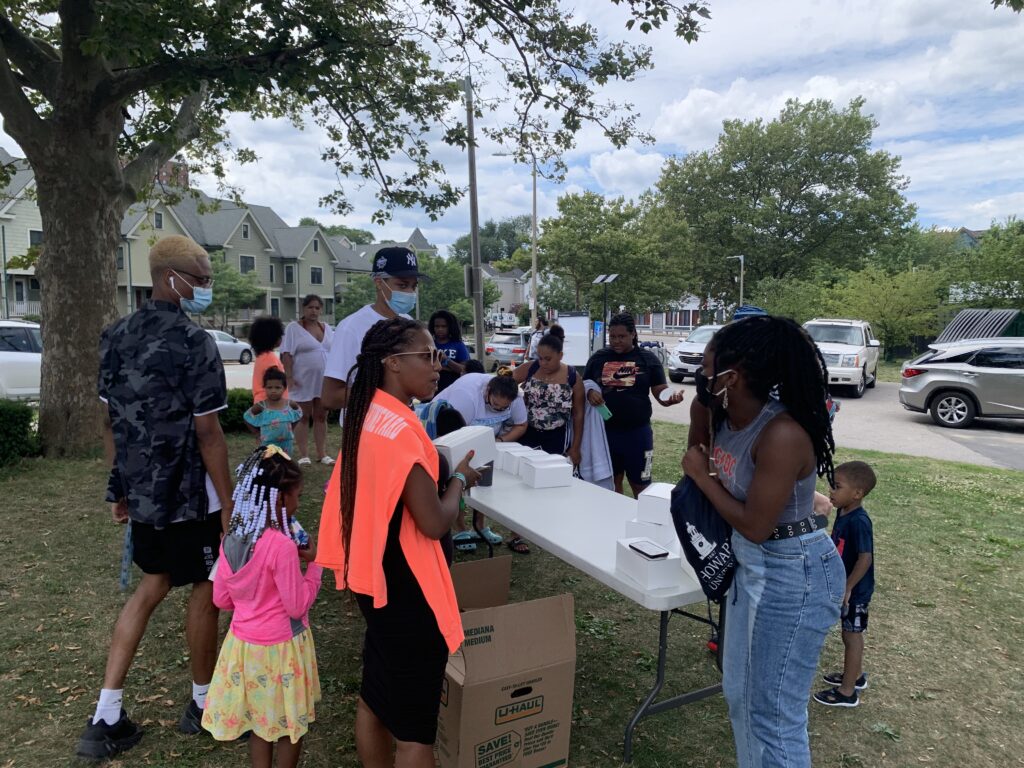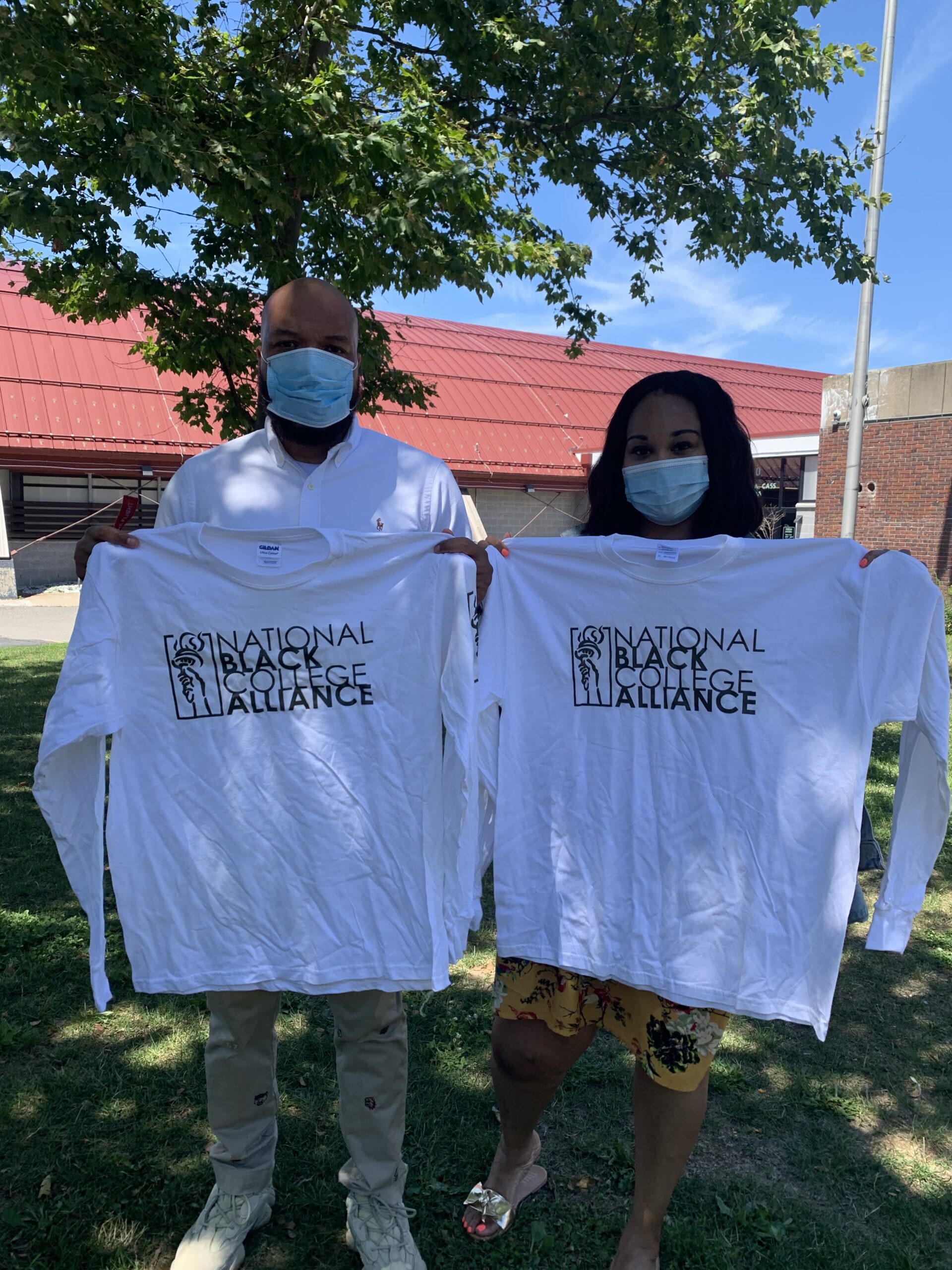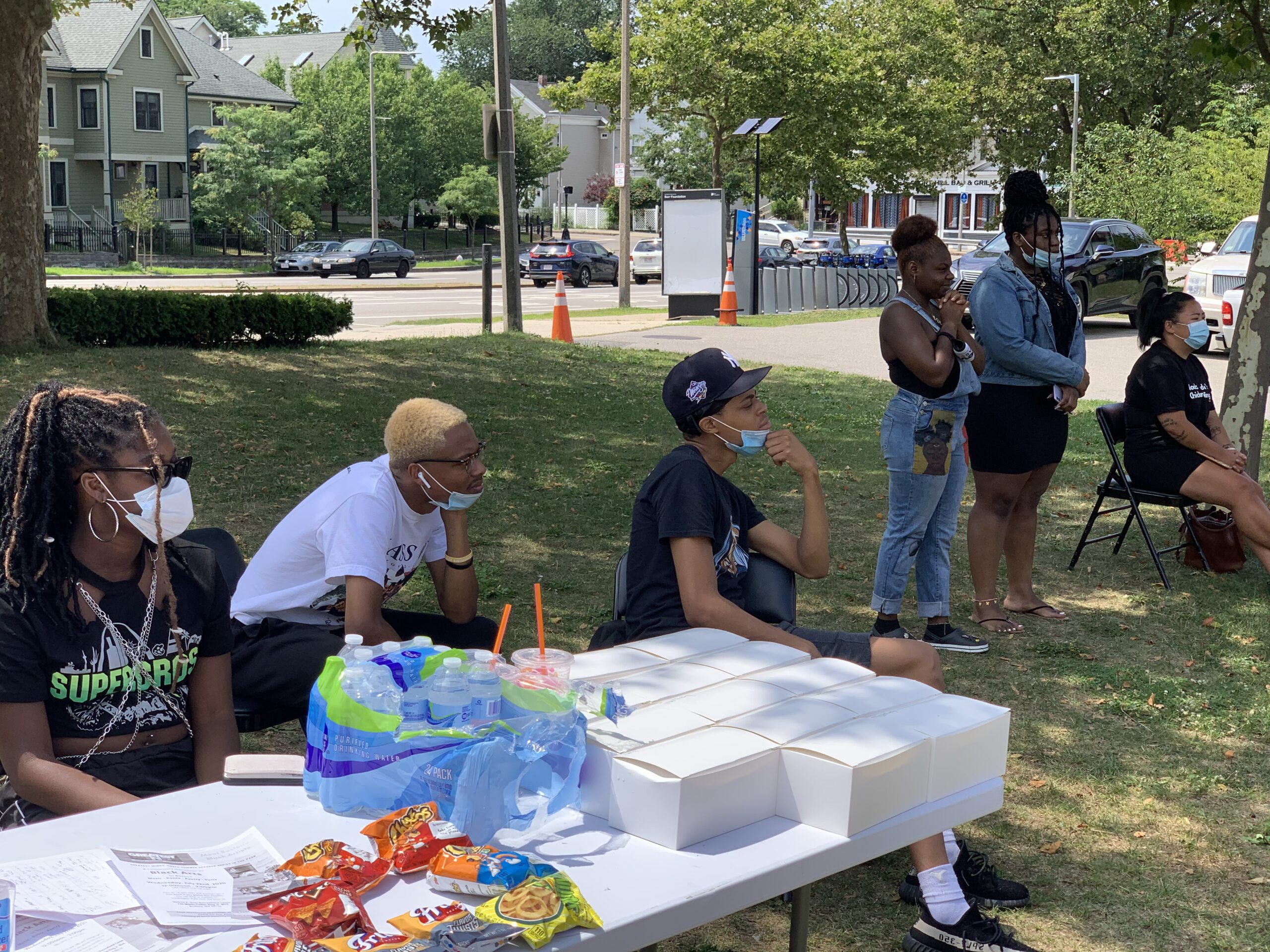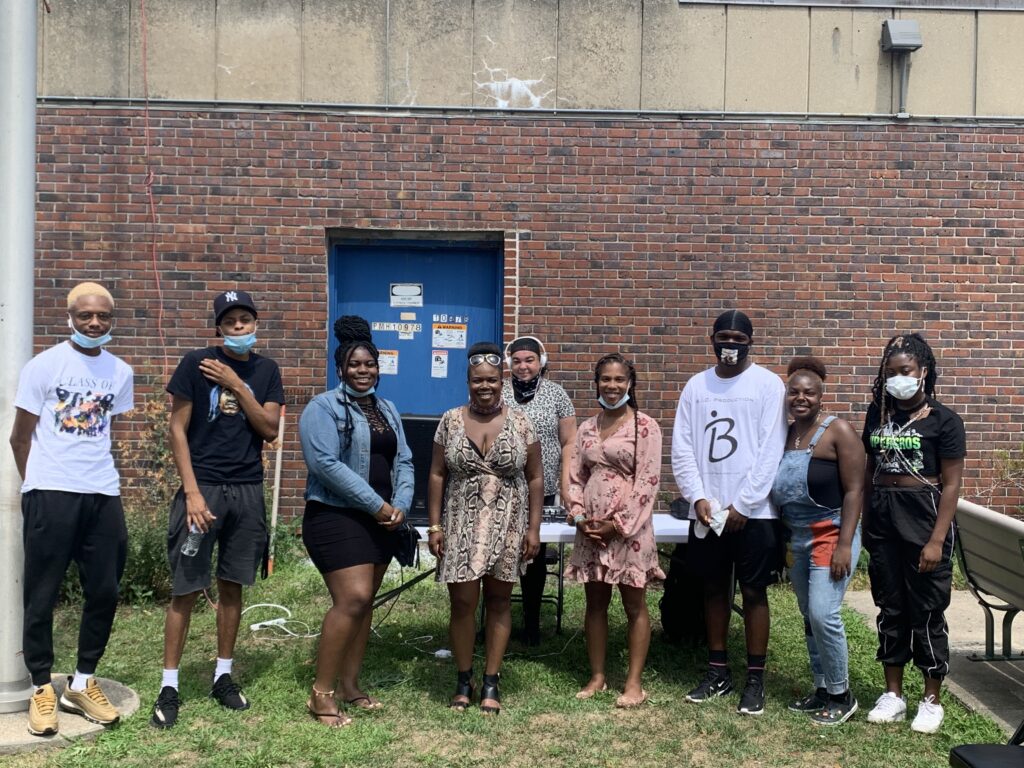Boston’s Premier Destination
for HBCU Alumni Activation
Legacy
Leadership
Leverage
NARRATIVE
During High School, Michael Williams recognized the importance of Black safe spaces that could nurture his intellectual curiosity, and provide him with the mentorship he needed to propel himself towards success. After graduating from Morehouse College in Atlanta, the #1 Historically Black College for Black Men in the country, he returned back to Roxbury, only to learn that most of the programs that helped him along the way were defunct. He soon realized that the bulk of youth programs were run by people that did not look like him or the youth they served, nor did they share the same experiences. Similar to Michael, Sharra Gaston, only learned during high school the importance of purposeful cultural curated spaces which reflected her heritage, and the need for mentors who have blazed a path forward despite upbringing and geographical location. After Sharra graduated from Clark Atlanta University, a Top Ten Historically Black College/University (HBCU), she too returned to Roxbury to find those culturally relevant spaces she’d become accustomed to in the South, were largely non-existent. This opportunity increased her ambition and fervor to recreate those spaces to nurture the next generation of students who looked like her, with her newly acquired experiences and resources. Understanding the importance of culturally responsive programming, and the lack thereof, they organized a group of their peers to plan accordingly and thus…
the Boston HBCU Alumni Network was born.
FRAMEWORK
Possible Selves Theory
Possible Selves are the people we imagine ourselves becoming in the future, the selves we hope to become, the selves we are afraid we may become, and the selves we fully expect we will become (Oyserman, 2006, p.4). Possible Selves shape esteem, self-concept and identity, and also play a motivational and self-regulatory role in shaping future behavior (Savitz-Romer, 2017).
Critical Pedagogy
Critical Pedagogy (CP) is an approach to language teaching and learning which is concerned with transforming relations of power which are oppressive and which lead to the oppression of people. It tries to humanize and empower learners. It is most associated with the Brazilian educator and activist Paulo Freire using the principles of critical theory of the Frankfurt school as its main source. The prominent members of this critical theory are Adorno, Marcuse, and Habermas. Critical theory is concerned with the idea of a just society in which people have political, economic, and cultural control of their lives.
OUR MISSION
The mission of the Boston HBCU Alumni Network is to provide Boston area youth with leadership development skills, mentorship opportunities and exposure to educational resources.




